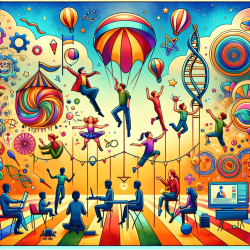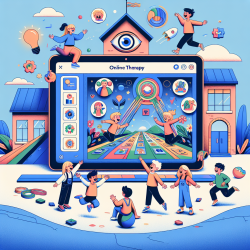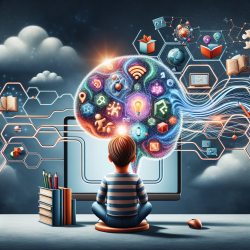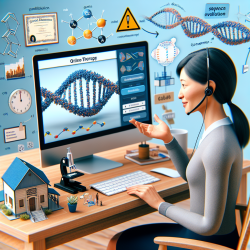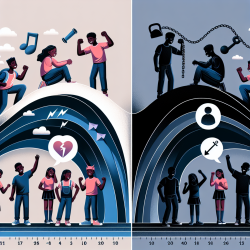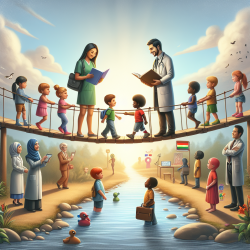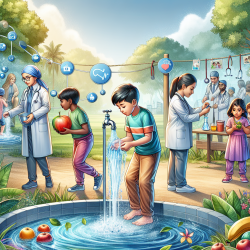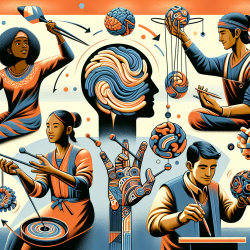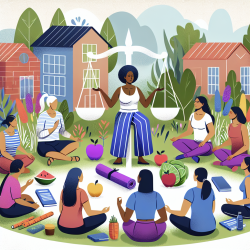Unlocking the Potential of Social Circus for Children with Disabilities
As practitioners dedicated to enhancing the lives of children, it's essential to explore innovative interventions that can provide meaningful outcomes. One such intervention, highlighted in the research article "Social Circus for People with Disabilities: A Video Analysis through the Lens of the MOHO," is social circus. This unique approach integrates circus activities with therapeutic goals, offering a plethora of benefits for children with disabilities.
What is Social Circus?
Social circus focuses on personal and community development rather than professional artistry. It involves activities like juggling, acrobatics, and unicycling, aimed at building confidence and developing life skills. This inclusive art form is adaptable to various participants and settings, making it an excellent tool for therapeutic interventions.
Key Findings from the Research
The study conducted a video analysis of social circus activities through the Model of Human Occupation (MOHO) framework. Here are some significant outcomes:
- Participation and Inclusion: Social circus offers a safe and inclusive environment where children with disabilities can actively participate, experience autonomy, and build new identities.
- Skill Development: Activities in social circus help in developing both circus-specific skills and those transferable to everyday life, such as balancing, grasping, and communication.
- Physical and Mental Benefits: Participants reported improved mobility, strength, coordination, and confidence. The activities also fostered social skills, teamwork, and personal growth.
- Flexibility and Adaptability: The highly adaptable nature of social circus accommodates different capacities and needs, making it suitable for diverse settings and participants.
Implementing Social Circus in Your Practice
For practitioners looking to incorporate social circus into their therapeutic repertoire, consider the following steps:
- Collaboration: Work with circus trainers to develop client-centered programs that meet individual needs.
- Customization: Tailor activities to suit the abilities and goals of each child, ensuring a supportive and inclusive environment.
- Evaluation: Regularly assess the impact of social circus activities on your clients' physical, mental, and social well-being.
Encouraging Further Research
While the current findings are promising, further research is needed to rigorously evaluate the effectiveness of social circus as a therapeutic tool. Practitioners are encouraged to contribute to this growing field by conducting studies and sharing their experiences.
To read the original research paper, please follow this link: Social Circus for People with Disabilities: A Video Analysis through the Lens of the MOHO.
